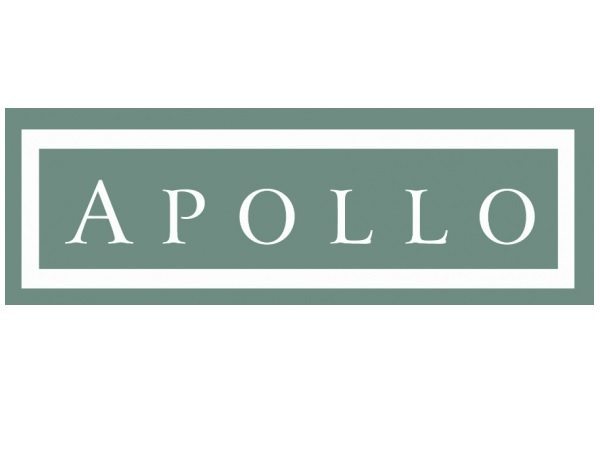
Jefferies analysts maintain their belief that Apollo Investment Corp. (NASDAQ:AINV) is an attractive buy. They have maintained a BUY rating for Apollo in their latest comment on the stock. Apollo’s earnings figures in the latest quarter fell from a year ago, but were in-line with the consensus estimate and also beat Jefferies’ estimates.
Click Here For More Market Exclusive Updates & Analysis
Apollo posted net operating income of $0.21 per share in its F3Q2016, which is the last quarter of calendar year 2015. That compared with net operating income of $0.24 per share in the same quarter a year earlier.
However, net operating income of $0.21 in the latest quarter met Wall Street expectations and topped Jefferies’ estimate by $0.01.
Softer than expected interest income in F3Q2016 caused trouble for Apollo in the quarter, leading to the weaker NOI compared to the prior year. However, the quarter would have been much worse had it not been that stronger dividend income and margins offset the impact of lower interest income.
Cause for Optimism?
Among other things, Jefferies is optimistic on the future of Apollo because it believes the company’s exposure to the energy market won’t make it impossible to cover dividends with its income. That optimism is based on positive yield trends and COF tailwinds. For that reason Jefferies views Apollo’s valuation as being attractive.
The reason Apollo posted lower than expected interest income in F3Q according to Jefferies was that its portfolio contracted 4% sequentially, driven in part by unrealized depreciation.
Additionally, Apollo reported that oil and gas now accounts for 12.9% of its investment portfolio. That compares with 15% at the end of the previous quarter. The decline in oil and gas portion of the portfolio is attributed to a fall in the carrying values of the commodities.
Apollo also reported that it placed more investments on the non-accrual side. As such, the company exited F3Q with higher non-accrual costs, jumping to 6% from 4.7%.




